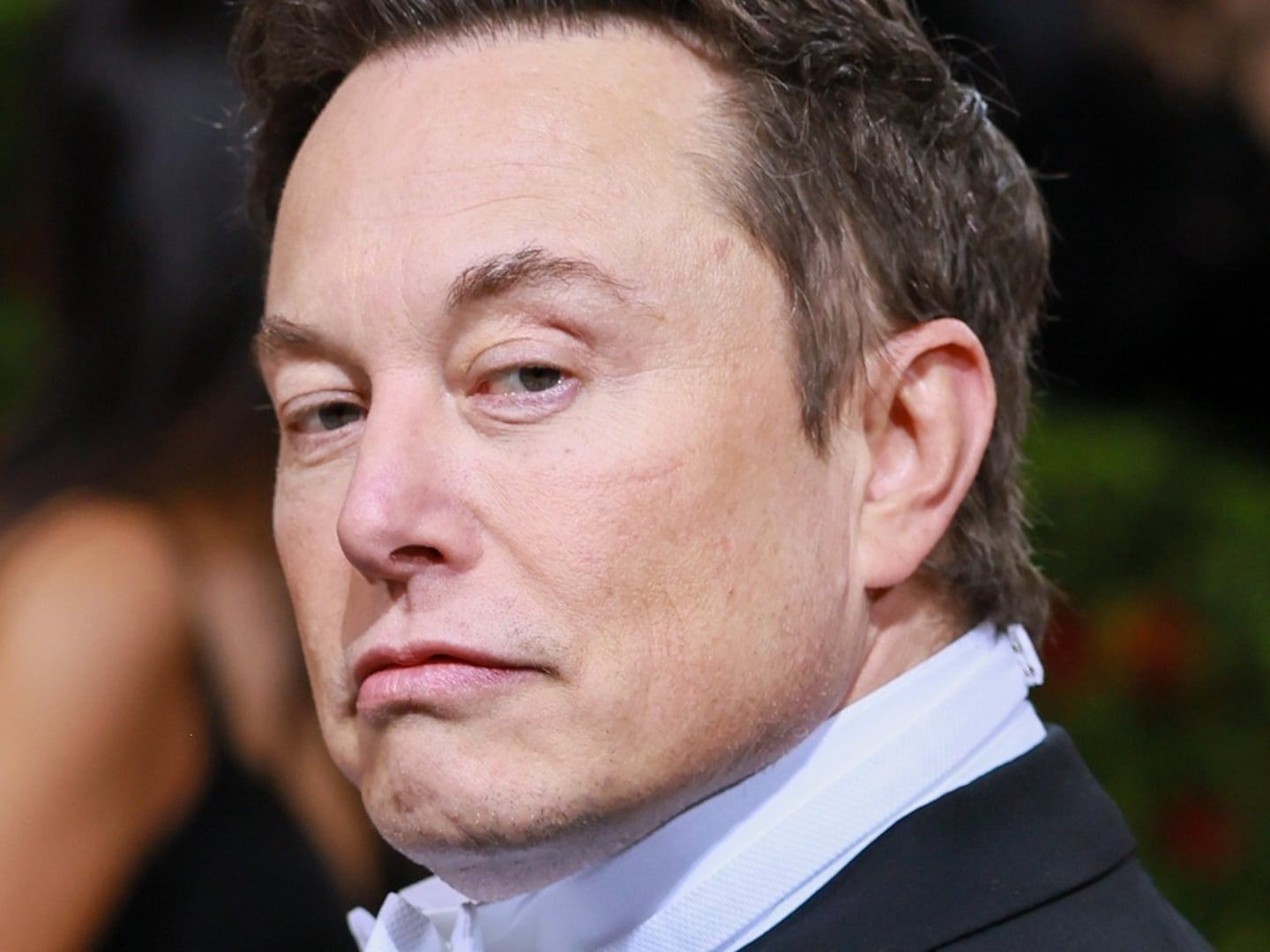Sports
Photo Illustration by The Daily Beast / Photos Getty
The NFL Doesn’t Need Trump. It Needs Its Black Players.
A CLEAR CHOICE
The president will force the league’s owners to choose. It should be an easy choice for them—but not the one he wants.
opinion





